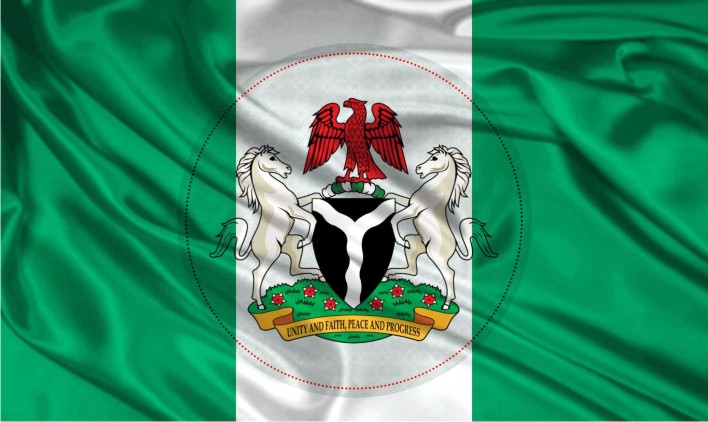Business
FG Moves To Lift 100m Nigerians Out Of Poverty

The Federal Ministry of Science and Technology, says it is working on plans to create the desired platform for the actualisation of President Muhammadu Buhari’s quest for lifting 100 million Nigerians out of poverty in the next 10 years.
The Minister, Dr Ogbonnaya Onu, said this in Abuja at the inauguration of a Technical Committee for boosting commercialisation of the ministry’s research products to fast track the actualisation of Nigeria’s dream of becoming a self reliant nation.
He said that the benefits of research could only be harvested when it is fully commercialised, adding that the ministry will collaborate with the organised private sector in that regard.
Onu said that the ministry would strive hard to use its research outputs as catalyst for realising government’s plans of lifting 100 million Nigerians out of poverty.
He said that research products from the 17 agencies under the ministry covered all sectors of the economy and that the ministry was well positioned to turn around the economy.
According to him, the commercialisation of research outputs is important for economic growth as more goods will be indigenously produced.
He added that part of the expected benefits of research outputs included food sufficiency and surplus for exports, leading to significant reduction in import from other countries.
Onu said that the commercialisation of research outputs would create more opportunities for Nigerians as well as reduce the employment deficit in the country.
While expressing confidence in members of the committee, he urged them to carry out the assignment diligently and make Nigeria proud.
In his remarks, Chairman of the Committee and Director General of the National Centre for Technology Management (NACETEM), Prof. OkechukwuUkwuoma, said commercialisation of research outputs, was key to the country’s developmental aspirations.
Business
FEC Approves Concession Of Port Harcourt lnt’l Airport

Business
Senate Orders NAFDAC To Ban Sachet Alcohol Production by December 2025 ………Lawmakers Warn of Health Crisis, Youth Addiction And Social Disorder From Cheap Liquor

The upper chamber’s resolution followed an exhaustive debate on a motion sponsored by Senator Asuquo Ekpenyong (Cross River South), during its sitting, last Thursday.
He warned that another extension would amount to a betrayal of public trust and a violation of Nigeria’s commitment to global health standards.
Ekpenyong said, “The harmful practice of putting alcohol in sachets makes it as easy to consume as sweets, even for children.
“It promotes addiction, impairs cognitive and psychomotor development and contributes to domestic violence, road accidents and other social vices.”
Senator Anthony Ani (Ebonyi South) said sachet-packaged alcohol had become a menace in communities and schools.
“These drinks are cheap, potent and easily accessible to minors. Every day we delay this ban, we endanger our children and destroy more futures,” he said.
Senate President, Godswill Akpabio, who presided over the session, ruled in favour of the motion after what he described as a “sober and urgent debate”.
Akpabio said “Any motion that concerns saving lives is urgent. If we don’t stop this extension, more Nigerians, especially the youth, will continue to be harmed. The Senate of the Federal Republic of Nigeria has spoken: by December 2025, sachet alcohol must become history.”
According to him, “This is not just about alcohol regulation. It is about safeguarding the mental and physical health of our people, protecting our children, and preserving the future of this nation.
“We cannot allow sachet alcohol to keep destroying lives under the guise of business.”
According to him, “This is not just about alcohol regulation. It is about safeguarding the mental and physical health of our people, protecting our children, and preserving the future of this nation.
“We cannot allow sachet alcohol to keep destroying lives under the guise of business.”
Business
PHCCIMA Leadership Hails Rivers Commerce Commissioner for Boosting Business Ties …..Urges Deeper Collaboration to Ignite Economic Growth


